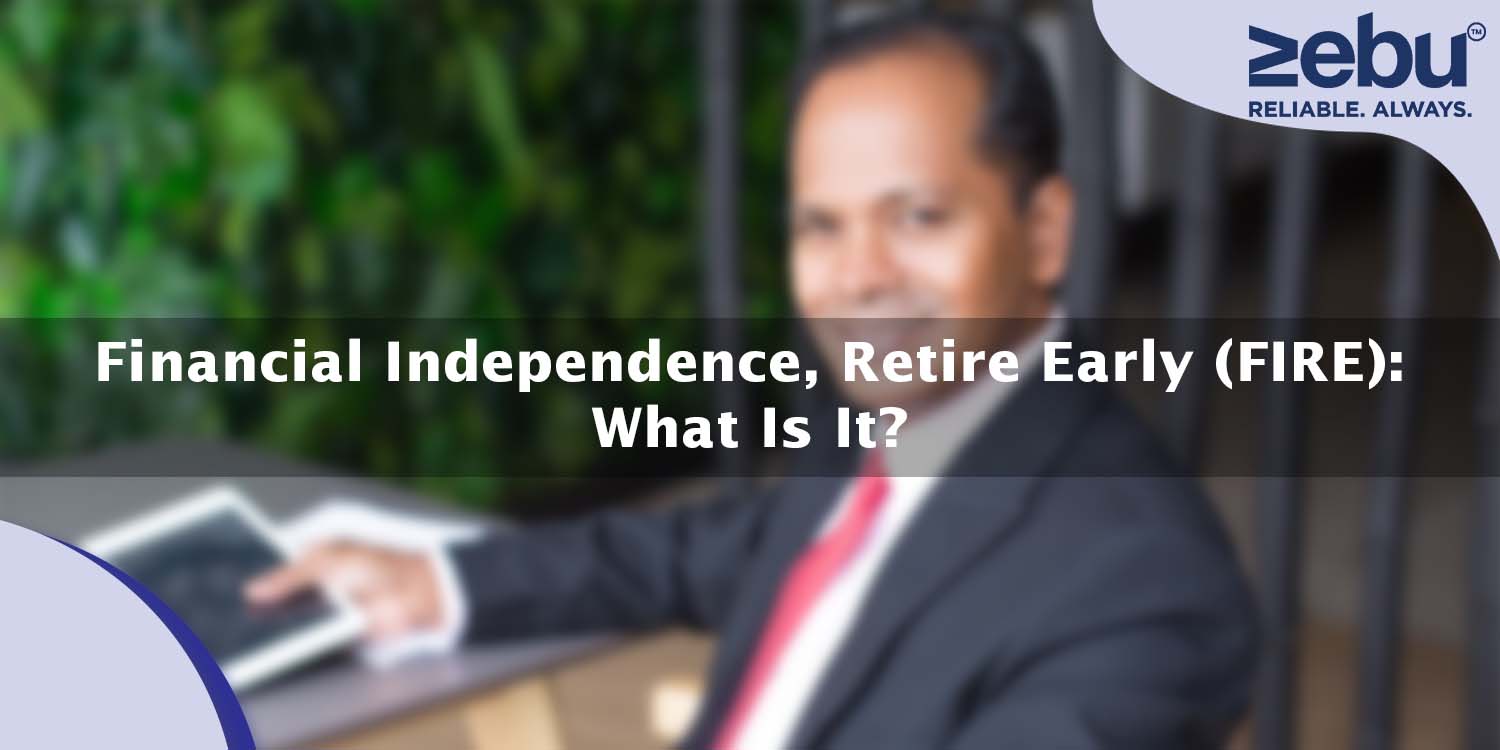Large Cap vs Mid Cap vs Small Cap: Key Differences That Actually Matter
Personal finance books can help you get started with money management more effectively. At the most fundamental level, you can learn personal finance fundamentals, such as why paying yourself first pays off or how to manage and pay off debt, to become smarter and more confident with your money. However, it does not end there. They can also teach you how to invest, manage a mortgage, build a nest egg, save for retirement, and ultimately assist you in avoiding common money pitfalls in order to foster a healthy relationship with your money. It’s not easy reading, but your wallet and future self will thank you.
Before we begin…
When you take full responsibility for your financial future, it helps to be supported by one of the
top brokers in share market. Zebu is one of the fastest-growing platforms in the country for trading and investing and we have a team that would love to help you out with your financial objectives. We have Zebull, the
best online trading platform with a host of features, and one of the lowest brokerage fees for intraday trading.
Here are our recommendations for the best personal finance books.
Why Didn’t They Teach Me This in School?
If you ask anyone what they wish they had learned more about in school, the answer is almost certainly money. More specifically, how to properly manage one’s finances—hence the title of Cary Siegel’s book, “Why Didn’t They Teach Me This in School?” Siegel, a retired business executive, divides the book into 99 principles and eight financial lessons that you should have learned by high school or college but didn’t. When he realised his five children weren’t learning important personal finance principles before entering the real world, he wrote this book for them, but it grew into a well-reviewed read full of important financial lessons with Siegel’s first hand experiences as well. This simple book is ideal for recent graduates or anyone looking to begin their personal finance journey on the right foot.
Rich Dad Poor Dad
You’ve probably heard of Robert Kiyosaki’s book “Rich Dad, Poor Dad,” but there’s a reason it’s been around for over two decades. Kiyosaki shares what he learned growing up from his father and a friend’s father, the latter of whom is referred to as the “rich dad” in the title, in one of the most popular personal finance books of all time. These lessons cover topics such as how you don’t need a lot of money to get rich, assets and liabilities, and why schools won’t teach your children what they need to know about personal finance. This 20th anniversary edition includes an author update on money, the economy, and investing.
The Total Money Makeover
Debt management is critical to the health of your personal finances. Do you require assistance in this area? Examine Dave Ramsey’s “The Total Money Makeover.” This New York Times bestseller explains, without equivocation, how to get out of debt and improve your financial situation by avoiding common pitfalls such as rent-to-own, cash advances, and credit. It also provides sound advice on how to start an emergency fund, save for college and retirement, and use Ramsey’s famous “Snowball Method” to pay off debt.
The Automatic Millionaire
Who wouldn’t like to be a millionaire? The New York Times, USA Today, Bloomberg Businessweek, and Wall Street Journal business bestseller “The Automatic Millionaire” by David Bach teaches you how to do just that. The book begins with the storey of a couple who earns a combined $55,000 per year and how they achieved their financial goals. Consider this: owning two homes, paying for their children’s college, and retiring at 55 with a $1 million retirement nest egg. What is the secret? Creating a financial system that not only pays yourself first, but also does so automatically.
Broke Millennial
This is the personal finance book for you if you can decipher #GYFLT. (Hint: in social media speak, #GYFLT stands for “get your financial life together.”) In her signature conversational style, Erin Lowry’s “Broke Millennial” explains how 20-somethings can take control of their personal finances. This book covers the most pressing financial issues confronting millennials today, from understanding your relationship with money to managing student loans to sharing financial details with a partner.
The One-Page Financial Plan
Confused about your money, whether it’s how to invest properly or how to deal with unexpected financial challenges? “The One-Page Financial Plan” by Carl Richards removes the mystery of effectively managing your finances. This book not only helps you figure out what your financial goals are but also shows you how to get there in a simple, one-page plan. The author is a Certified Financial Planner as well as a New York Times columnist.
I Will Teach You to Be Rich
Financial expert Ramit Sethi explains in “I Will Teach You to Be Rich,” a New York Times and Wall Street Journal best-seller, that you can spend your money guilt-free as long as it is invested and allocated properly. This title discusses how to avoid common financial pitfalls, such as paying off student loans, saving money on a monthly basis, and even negotiating your way out of late fees. This tenth-anniversary edition includes new perspectives on technology, money, and psychology, as well as success stories from readers who have made a fortune after reading—you guessed it—book. Sethi’s
Clever Girl Finance
According to the US Department of Labor, women still earn $0.82 for every dollar earned by men, while mothers earn $0.71 for every dollar earned by fathers. In short, when it comes to money, women still have to work harder. Bola Sokunbi’s “Clever Girl Finance” aims to empower and educate a new generation of women on topics such as budgeting, creating and sticking to a budget, managing credit, saving for retirement, and taking responsibility for your own financial well-being.
The Psychology of Money
This book is an intriguing look at the psychology of money and how your ego, preconceived notions, and even your pride can influence your financial decisions. As you might expect, this isn’t the best way to manage your investment portfolio, and Morgan Housel’s “The Psychology of Money” provides readers with tips and tools for combating these biases in the form of 19 short stories that all focus on the same topic. Housel is a partner at The Collaborative Fund and a former Wall Street Journal columnist.
Your Money or Your Life
Vicki Robin’s book has sold over a million copies details a nine-step plan to help readers change their relationship with money. This book will teach you how to get out of debt, start investing, build wealth, and even save money by using Robin’s signature mindfulness technique.
Accounting Books You Should Read
The Final Word
Whether you’re new to finances or simply want more financial advice, “Why Didn’t They Teach Me This In School?” by Cary Siegel is the best overall personal finance book (view at Amazon). It teaches eight important money lessons that you should have learned by high school, as well as a whopping 99 principles for saving, investing, and building wealth.
While you take charge of your personal finances, we at Zebu, one of the
top brokers in share market, are here to assist you with everything. From helping you understand different asset classes and how you can benefit from them, Zebu supports you with Zebull, a superb
online trading platform and the
lowest brokerage for intraday trading. Please get in touch with us to know more about our products and services.





